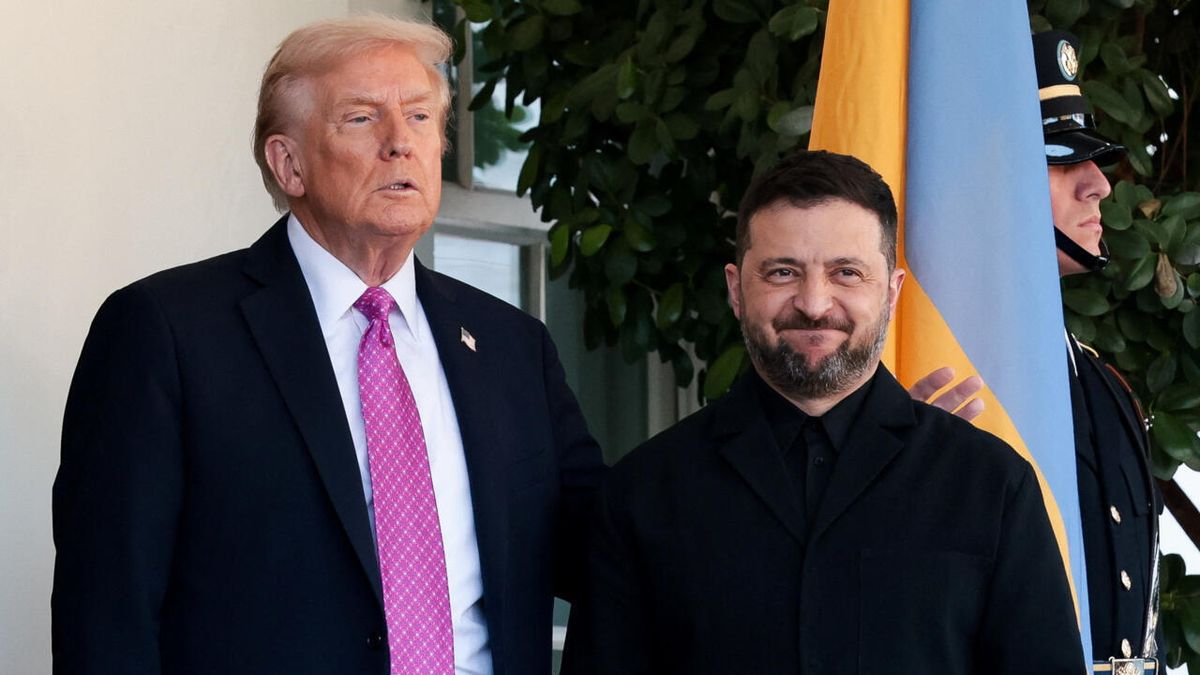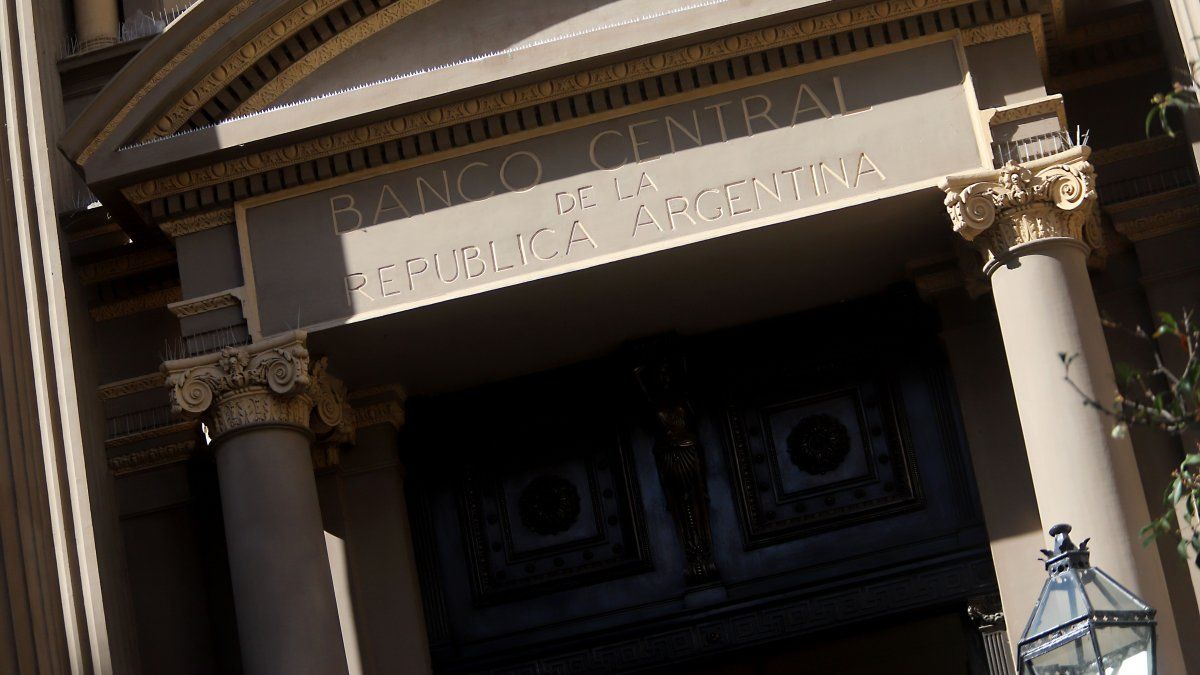When it comes to the budget, the traffic light factions seem to be racing towards each other like trains on a single track. The word “debt brake” is emblazoned over everything. And the SPD is rebelling against its own man.
It could be the week of truth in the budget negotiations of the traffic light government: If the Bundestag is to receive the draft budget on time, the coalition leaders must reach an agreement in the next few days. According to government circles, many problems have already been cleared up. But the billion-euro hole has not yet been plugged. This is why fundamental beliefs are clashing more clearly than ever before – and some are still afraid for the future of the coalition.
The billion dollar gap
The federal government wants to spend around 450 billion euros next year. However, Finance Minister Christian Lindner (FDP) already had a gap of between 15 and 30 billion in his planning before the negotiations. He therefore gave his ministerial colleagues tight budget targets – but not all of them kept to them. In particular, Foreign Minister Annalena Baerbock (Greens), Defense Minister Boris Pistorius, Labor Minister Hubertus Heil, Development Minister Svenja Schulze and Interior Minister Nancy Faeser (all SPD) demanded significantly more money.
That’s why the budget is now a top priority: in dozens of three-way talks, Chancellor Olaf Scholz (SPD), Vice Chancellor Robert Habeck (Greens) and Lindner have reportedly come to some agreement. They meet almost daily, including at weekends. The negotiators want to continue to discuss the matter “in the next few days,” said government spokesman Steffen Hebestreit. “The week is still long.”
The usual scope for maneuver has been exhausted
The negotiators went through the budget item by item. It was about small savings and reallocations, a few million here, billions there. Some ministers made concessions – in the interests of the matter.
The usual scope for maneuver in a federal budget has probably been exhausted by now – a recalculation of the expected interest payments after the European Central Bank’s interest rate cut, for example. A supplementary budget for the current fiscal year could also provide some relief. Because of the poor economy, the federal government is allowed to take on several billion euros more debt than was planned at the beginning of the year. If this is exploited, other reserves could be protected somewhat – and be available for the next year.
But at the same time, one hears: All of this will probably not be enough.
The debt brake and the FDP as outsiders
The Social Democrats in particular are therefore always suggesting taking on additional debt. With the Greens, they are knocking on an open door, but with the FDP, they are knocking on a wall. But Finance Minister Lindner and his party have become lonely on this issue. Many economists and business representatives are also calling for more debt to be taken on than planned.
New special funds are being discussed that could run outside the debt brake – for example, to invest billions in infrastructure. Others want the Bundestag to declare an emergency due to the high expenditure in connection with the Ukraine war. Then, according to the Basic Law, the debt brake could be suspended.
The FDP draws a red line on both issues. In response to the statement by SPD leader Saskia Esken, “For me it is of secondary importance whether the debt brake is adhered to or whether it is suspended again because of the emergency caused by the war in Ukraine,” Lindner responded smugly: “The rule of law is… when you also respect the articles of the Basic Law that you don’t like,” he wrote on X.
The FDP warns that if the federal government takes on more debt now, the interest rates will be crushing later. That is not fair for future generations. Younger liberals in particular have become increasingly frustrated after Lindner recently agreed to a pension package, the main burden of which will have to be borne by the younger generation. Perhaps that is why party leader Lindner is so vehemently demanding tax compensation for inflation. Most recently, he gave the impression that he was also linking the coalition’s continued existence to this.
The Chancellor under pressure from his party
When it comes to complying with the debt brake, Chancellor Scholz has recently been on Lindner’s side, at least publicly. “We have to make do with the money we have. There’s no getting around it,” he said in a summer interview on the ARD program “Report from Berlin.” He too is critical of possible abuse of the citizen’s allowance – and in doing so provoked the left wing of his party.
And for the first time since his candidacy for chancellor, Scholz is now clearly under pressure. All three factions in the parliamentary group, which otherwise rarely speak with one voice, are railing against the “dogma of the black zero” and are demanding an exception to the debt rule. A left-wing party group even wanted to launch a member petition against cuts in the social sector demanded by the FDP. They wanted to dictate to SPD MPs the conditions under which they could approve the budget in the Bundestag.
The party leadership stopped this on Monday because it considers it inadmissible. “Budget legislation is the responsibility of the German Bundestag and the freely elected members of parliament and therefore cannot be negotiated in a member’s petition,” it said after a meeting of the SPD executive committee. But the message to the FDP – and also to its own chancellor – is clear: We will not let anyone do whatever they want with us.
The Bundestag has its last word
The negotiators want to bring the budget to the cabinet on July 17. After the cabinet decision, the draft will then be forwarded to the Bundestag. The budget experts in the parliamentary groups need almost the whole summer to work through the several thousand pages. After that, the parliamentary procedure begins – and with it a new, months-long struggle for millions for this project and billions for that. Because parliament has the final say on the budget. The final decision is usually made in a budget week in December.
Source: Stern
I have been working in the news industry for over 6 years, first as a reporter and now as an editor. I have covered politics extensively, and my work has appeared in major newspapers and online news outlets around the world. In addition to my writing, I also contribute regularly to 24 Hours World.




